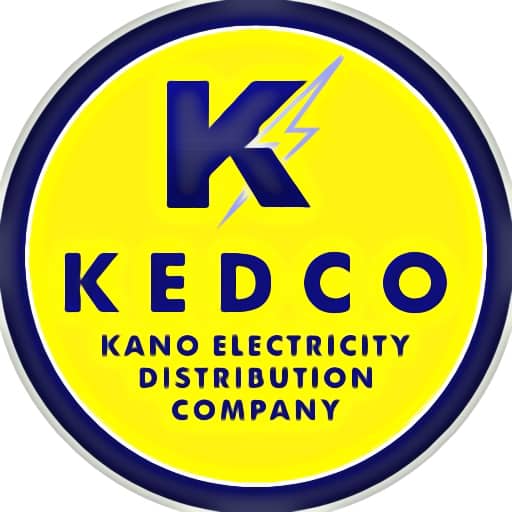Northern Nigerian states including Kano, Jigawa, and Katsina continue to grapple with a significant deficit in electricity supply. Despite requiring a daily allocation of 600 megawatts to meet the needs of their growing populations and industries, the region receives a mere 180 megawatts from the Kano Electricity Distribution Company (KEDCO).
This staggering shortfall poses a severe challenge to the economic and social development of these states, hampering industrial growth and affecting the daily lives of millions of residents. The inadequate supply of electricity not only disrupts businesses but also impacts essential services such as healthcare and education.
The Managing Director and Chief Executive Officer of KEDCO, Dr. Jamilu Isyaku Gwamna, attributes the shortfall to various factors, including load shedding from the national grid and insufficient generation capacity. He emphasizes the urgent need for investment in the power sector to bridge the gap between demand and supply.
Northern Nigeria, with its vast potential for renewable energy sources such as solar and wind, presents an opportunity for sustainable solutions to the energy crisis. However, the lack of investment and infrastructure in these areas impedes progress.
To address this pressing issue, stakeholders must collaborate to explore alternative energy sources and improve existing infrastructure. Government intervention is crucial in providing incentives for private sector investment and implementing policies that promote renewable energy adoption.
Despite the challenges, there is optimism that with concerted efforts and strategic investments, Northern Nigeria can overcome its electricity shortage. By harnessing its abundant renewable energy resources and implementing innovative solutions, the region can achieve energy security and drive economic prosperity for its people.
Source: Tribune


